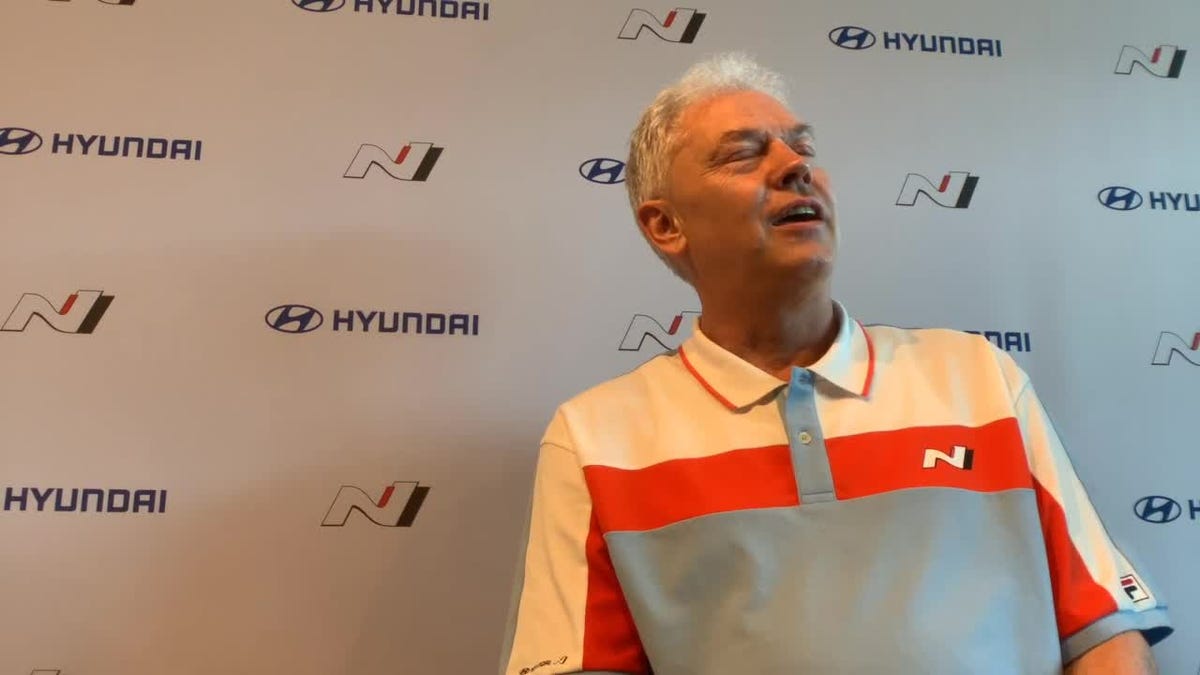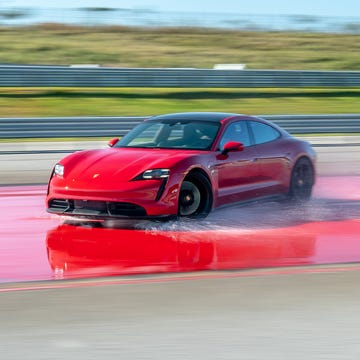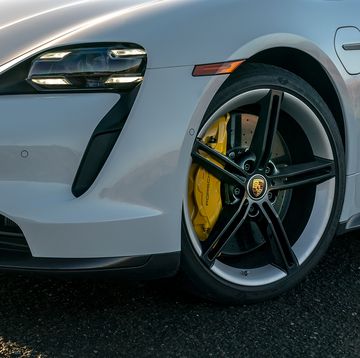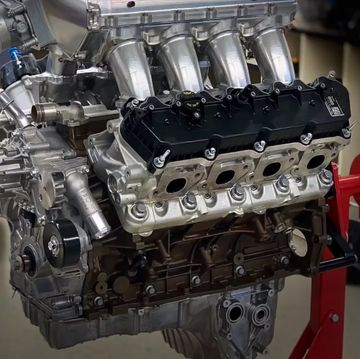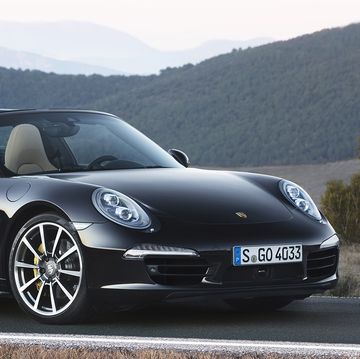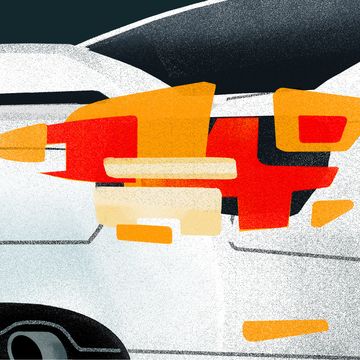In the wake of the ongoing scandal around Volkswagen Group's diesel car emissions cheating, governments are proposing a change that should have occurred decades ago—replacing unrealistic (and apparently, easily fooled) lab-based emissions testing with real-world tests conducted on the road. And in Europe, a group of automakers is reportedly asking for a lot of leeway should those road tests be enacted.
Like, 70 percent leeway. On the tests that, up until recently, the automakers all claimed they passed. Hmmmm.
That's the news from The New York Times, as reported late Friday afternoon. According to an unreleased draft document viewed by NYT, an industry group representing a number of automakers in Europe is basically admitting to something that's been suspected for awhile: vehicles that pass government emissions testing in the laboratory emit far more in the real world.
The European Automobile Manufacturers Association—which includes General Motors, Daimler, BMW, Toyota, Renault, PSA Peugeot Citroën, Ford, Hyundai, and yes, Volkswagen—has asked for a 70-percent increase to the legal limit of nitrogen oxides, the smog-forming emissions at the center of the Volkswagen TDI scandal. Independent lab testing found that U.S.-market TDIs were emitting up to 40 times the limit established by the EPA.
As NYT reports, Europe's plan to replace lab testing with real-world emissions measures has been in motion for several months. Policy makers proposed a 30 percent increase to nitrogen oxide emissions limits, acknowledging that the real-world tests would be more demanding than current lab-based measurement.
European limits on nitrogen oxide emissions were already higher than those in the U.S.
As John Voelcker at Green Car Reports points out, the International Council on Clean Transportation tested a number of clean diesel vehicles last year. The tests found that "on average, real-world NOx emissions from the tested vehicles were about seven times higher than the limits set by the Euro 6 standard." The report concluded that excess emissions were due to "transient increases in engine load typical of everyday driving (e.g., going up a slight incline)."
Consider all of this to be a tacit admission from carmakers that they've been engineering their vehicles specifically to pass emissions tests, not to adhere to emissions limits in real-world driving. That's perhaps not shocking, but it could mean that the scandal that began with Volkswagen TDIs could extend far beyond the VW Group.

Bob Sorokanich previously served as deputy editor of Road & Track Magazine. He is based in New York City.

